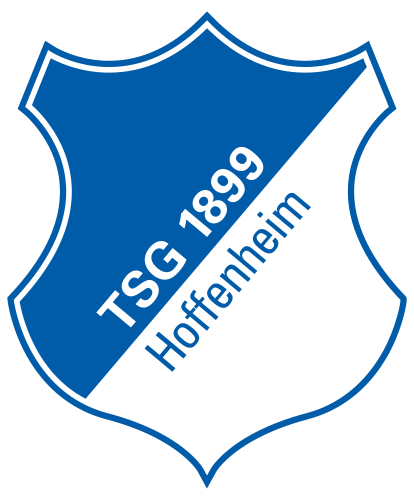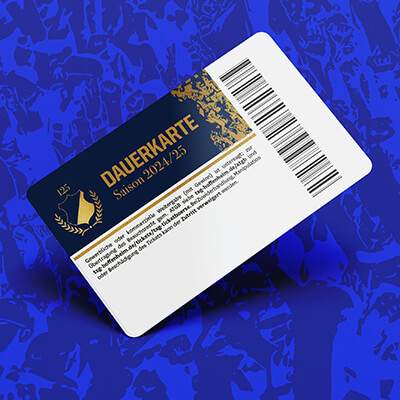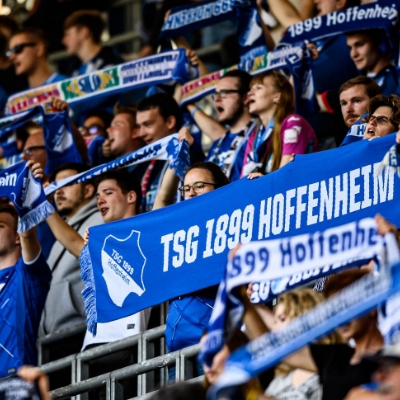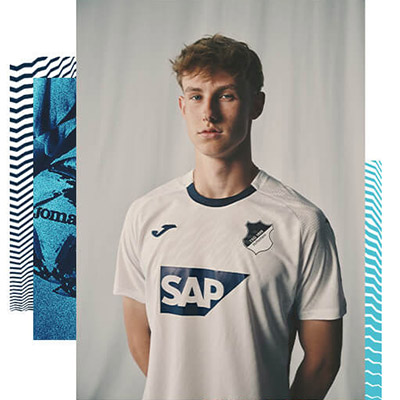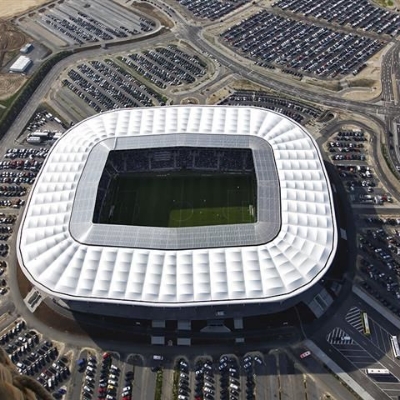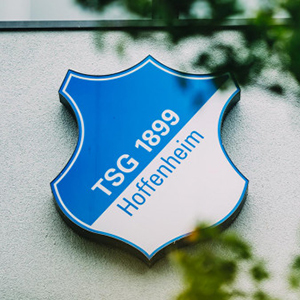''We have an immense team here''
Grischa, why did you suggest the skatepark as a photoshoot location?
"I absolutely love surfing, as do my two brothers, who go as far as travelling around the world to ride the best waves at the top spots. When we were kids, we used to spend six weeks every summer in Santa Cruz, California, a little surfing town, and we learned it there. With skating, the movements are similar, I always have my board in the car. I still surf, but I don't go all out in the way I used to. If the waves are three or four metres high and there's a coral reef nearby, one fall could cost me half a season, or even my entire career. My brothers can afford to be more carefree."
You love adventure and travelling to far-flung destinations - in the summer you went to Colombia with your girlfriend. What do your teammates say when you tell them about it? Do they think you are a bit crazy?
"No, they think it's cool. Most of them are more into Ibiza and Mykonos for their holidays and probably have similar stories to tell. I want to see a bit more of the world on holiday and I need a bit of action, like in Colombia this summer. We had some amazing and unforgettable experiences there - like surfing, deep-sea fishing and exploring secluded places."
Do experiences like this help you take your mind away from the football business?
"Yeah, sure. We footballers live in a complete bubble. That's why it's good to get new impressions, to talk to different people and see how they live. And I also like to get to know different cultures, what they do differently from us, how they think about life. Besides, I find surfing is the perfect counterbalance to all the hustle and bustle of football. Playing in front of 80,000 fans is quite something, and it certainly gets the adrenaline pumping. But experiencing the remoteness, the waves, the salt water, the sun - it has a completely different, special appeal. The whole lifestyle is beautiful and relaxing. You appreciate it even more when you spend the entirety of your professional life in the spotlight."
''I'm a determined guy''
You're a chilled surfer dude who likes to travel the world, but you're also an elite athlete. How do you manage to combine the two?
''I bring full concentration to football. I'm a really determined guy. I always wanted to become a pro footballer, and it's incredible that it's become a reality. Football is a huge amount of fun and it's allowed me to have some unbelievable experiences. But at the same time, I always knew that not everyone makes it as a pro and it's important to have other pursuits in your youth.''
You were something of a late bloomer. The now standard career progression of youth academy followed by first-team squad wasn't one you followed.
"I didn't go to stay at an academy when I was 13, nor did I go to a sports school. I don't think it's good for your development - at least for me personally - when you're pampered all the time as a young player and told 'You're the best, the most wonderful, the greatest'. It means you miss out on a lot of things. My parents always said, 'School is the most important thing, you'll do your exams before anything else'. After that, it's usually already too late to get into football. Like my brothers, I played for TSV RSK Esslingen for most of my youth and then switched to Stuttgarter Kickers. I more or less flew under the radar until Julian Nagelsmann asked if I wanted to join TSG at U19 level."
Did Julian Nagelsmann, who coached you in the TSG U19s and led the team to the 2013/14 German Championship in your first season, help you take a decisive leap forward? Apparently you once told him that making it as a professional footballer would be nice, ''but I can also just go surfing...''
"Yes, that's true. (laughs) That was just me being honest about how I viewed things back, even though I took football very seriously. But I never expected to develop in the way I did, and I think I was just lucky to have the right coach in the right place at the right time. Julian told me right from the start that he saw something in me, that I had great ability. He said that if I worked hard to develop, I could make it as a professional footballer, and he'd help me along the way - even though he'd signed me more as a back-up than anything else. He's been instrumental in my development and the career I've had so far. I was far from being the most talented player in the U19s. You could say I owe everything to Julian."
Do you think having a view of other career options maybe helped you in a sense? Perhaps it meant you didn't put yourself under so much pressure?
"That may well be true, but playing football has always been something I've really enjoyed. That said, I used to be reluctant to go to football. I was a bit shy. My little brother started playing before me, and I just went along to watch him train (laughs). I must have been about seven when, one day, one of the players was unavailable and the coach said: 'You have to join us or we won't be able to play.' Before that, my dad had already told me that if I started playing football, he would get me a pet. I said, 'I don't need one.' (laughs) But at some point the time came where I couldn't say no. I'm still in touch with my coach at the time, he's the father of one of my best friends. Without his dedication, I probably would never have started playing club football."
After winning the U19 German Championship, you spent a further season at TSG in the U23s. You even had the chance to play with the Bundesliga squad, despite the fact you weren't on a professional contract. How do you look back on this time?
"Training with first teamers like Roberto Firmino, Sejad Salihović or Sebastian Rudy obviously wasn't easy, but it helped me. In the U23s, I scored four goals in the last six games of the season, which is not bad for a defensive midfielder. I had never previously played for any of the Germany youth teams, but then I got a call from U20 coach Frank Wormuth, who called me up for the 2015 U20 World Cup in New Zealand. I was the only player without a professional contract in a squad with guys like Julian Weigl, Julian Brandt, Levin Öztunali and Marc Stendera. After Wormuth played me in almost every game, I realised that I had a good shot at getting picked up by a team once the tournament was done. I then chose to sign for Karlsruher SC, who had just been relegated in dramatic fashion after being edged out by Hamburg. I started out playing at right-back before I switched back to midfield.''
In 2017, after two years at KSC, you moved to Union Berlin.
"At first, I didn't really know what I was getting myself into. But I had an incredible five years there. We were promoted via the relegation play-off in 2019 and I'm very proud to have helped write that chapter in the club's history. And it was an interesting experience living in the capital. I'm a dedicated professional, I always prioritise football above all else, but Berlin offers the opportunity to do other things and have cool experiences. I used to think that I would maybe return to Esslingen after my career is over. But now it could also be Berlin."
During your first stint at TSG, you were part of a Bundesliga matchday squad on just one occasion. Now, seven years later, you have come back a seasoned pro. What have the first few weeks been like for you?
''Really great, it's been a lot of fun. This was the exact challenge I've been looking for. We have a strong team here and a brilliant set of coaches. I hope it will go on to be a successful season. We have an unbelievably good set-up here, it doesn't really get much better than this. Union have shown that you don't necessarily need these conditions to be successful, but if you have them, it gives you the potential to achieve great things.''
Are there many people you know here from your first spell at TSG?
"Yes, although a team is always in flux. But Oli Baumann was here back then Sebastian Rudy of course, and I briefly encountered Ermin Bičakčić and Pavel Kadeřábek as well. I know Kevin Akpoguma from the U20 national team. And some of the staff are still around too."
You signed the contract last winter, and TSG looked set to qualify for Europe for much of the remainder of the season. Were you disappointed that TSG didn't manage to book a slot in international competition while Union did in the end?
"I received a lot of messages during the final spurt of the season saying it would actually be better for me personally if I played badly, because then TSG would have a better chance. But I always said that I would give my all for Union until my very last day at the club. It obviously stung a bit to see that TSG didn't qualify, because I would have loved to play in Europe. But I gave everything for Union and I'm happy that Europa League football is now being played at the Alte Försterei."
What do you think your role will be at TSG? What can the fans expect from you?
"Union was a comfortable home for me. But I saw the potential that TSG have as a club. In the end, the ambitions and demands here are higher than at Union, despite last season's rankings. I'm already the kind of player who puts himself completely at the service of the team. If I can do my part and bring out my best qualities, I believe I can help the team be successful. That includes leading the way, setting the tone, pushing and leading the team. And as a basis for all of that, of course, my physicality and presence on the pitch."
You were immediately appointed to the team council. Do you see yourself as a leader?
"Yes, of course. That's also something that's demanded of me to a certain extent. It's part of my game, I wouldn't pretend to have it any other way. I talked to some of the guys like Oli Baumann and Benni Hübner before the start of preseason, to ask them what their impression of the squad was, what might still be missing. I think they were happy to have me on board. We have an immense team here. No one really knew me, so it's not always easy when you join a group. The others had to get used to my personality. They were probably asking themselves: who is this guy? Is he a bit crazy? Or does he mean well? I think I found my feet pretty quickly - and of course that was largely because the team made it easy for me.''
Is team spirit and cohesion crucial for success?
"Absolutely. The atmosphere in the dressing room is decisive for how the season turns out: if the dressing room pull together, if everyone gets on well, if it's tight and nothing leaks out to the public, then the foundations are laid. Nothing ever got out at Union. Of course, there were disgruntled players who were angry with the coach, but we were always able to deal with it internally. Just like we made it clear to Max Kruse what we expected of him when he joined. We had great nights together that bonded us as a team. I think it's much the same here."
You've started to offer more of a goal threat over the years and netted eight times in the Bundesliga for Union last season, not to mention the goals you scored for TSG in preseason and the cup. Is this something you've worked on?
"It all started at Union when Urs Fischer asked me to play as a box-to-box midfielder and therefore to contribute goals. And how do you do that? You get into the box more often. Then there's a chance that a rebound falls to you or you can get on the end of a cross. For fans, these may look like easy goals, but there is a lot of effort and running that goes into them. You have to work hard to be in the right place. You might make fifty runs in a game and fifty times the ball won't fall to you - and yet you still have to make the same run in the next attack. Fortunately I've never had problems with stamina. When you prod the ball into the back of the net from close range, as I did in extra-time in the cup, that's when you realise what you've done all that running for. I couldn't care less if people say it was an 'easy goal' that 'anyone could have scored'. It's not going to dampen my celebration.''
In conclusion: despite some initial doubts, you managed to turn pro, win a silver medal with Germany at the Olympics and become a regular starter in the Bundesliga. Are you still aiming to one day represent your country at senior level?
"Yes, of course it's a dream. Who doesn't dream of that? There is nothing bigger in football. But first I'll have to deliver consistent performances here. Maybe the step-up from TSG to the Germany team won't be as big as it would be from Union.''



